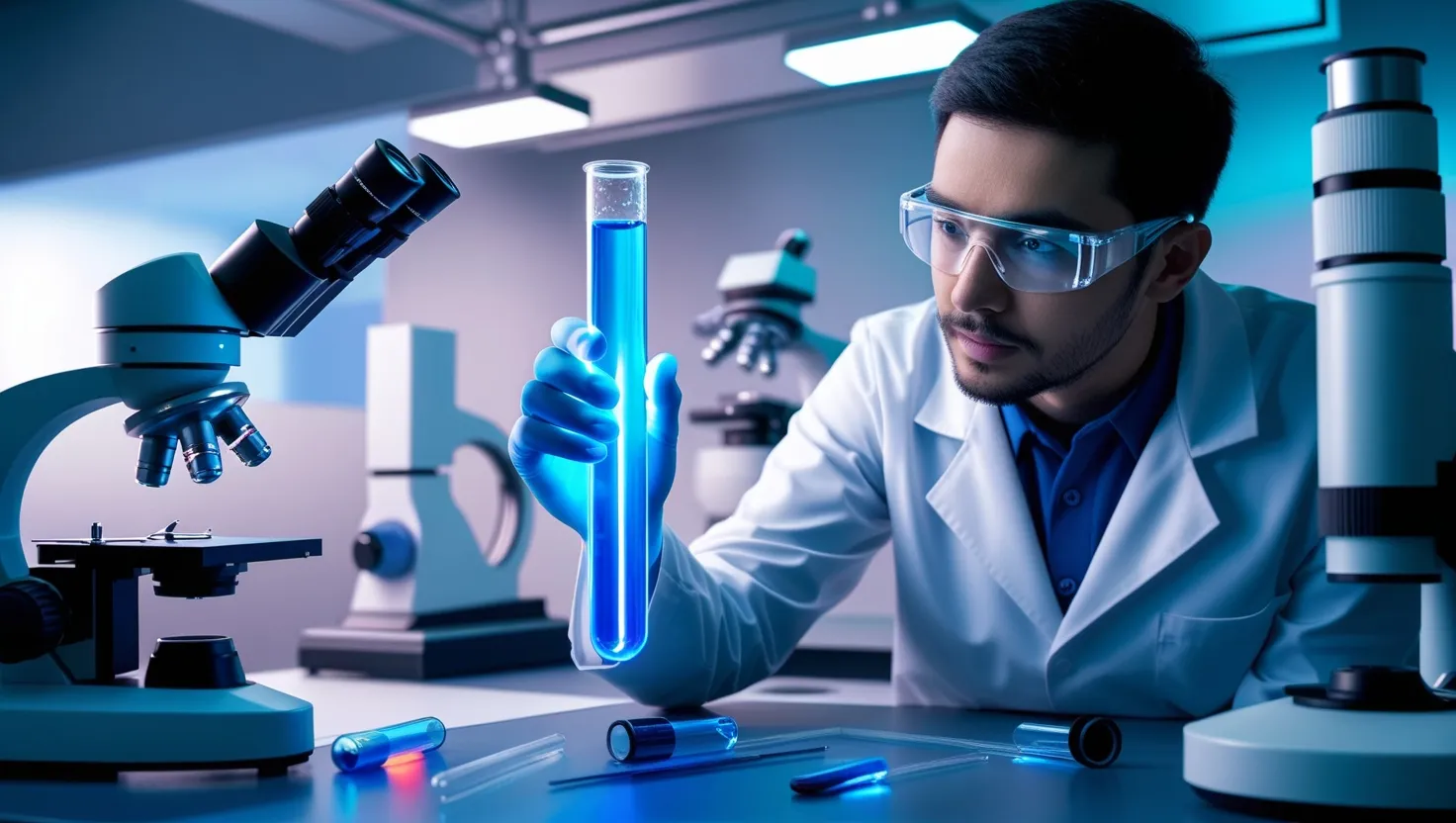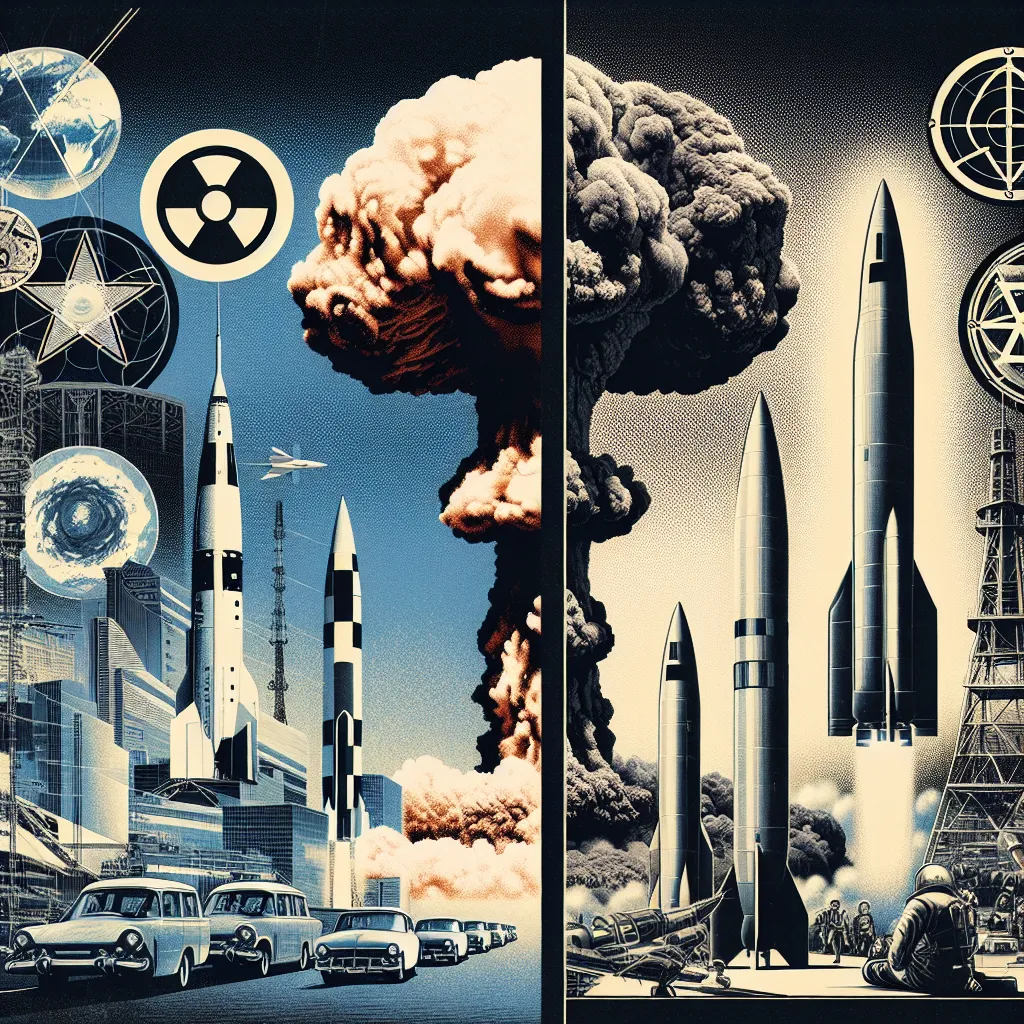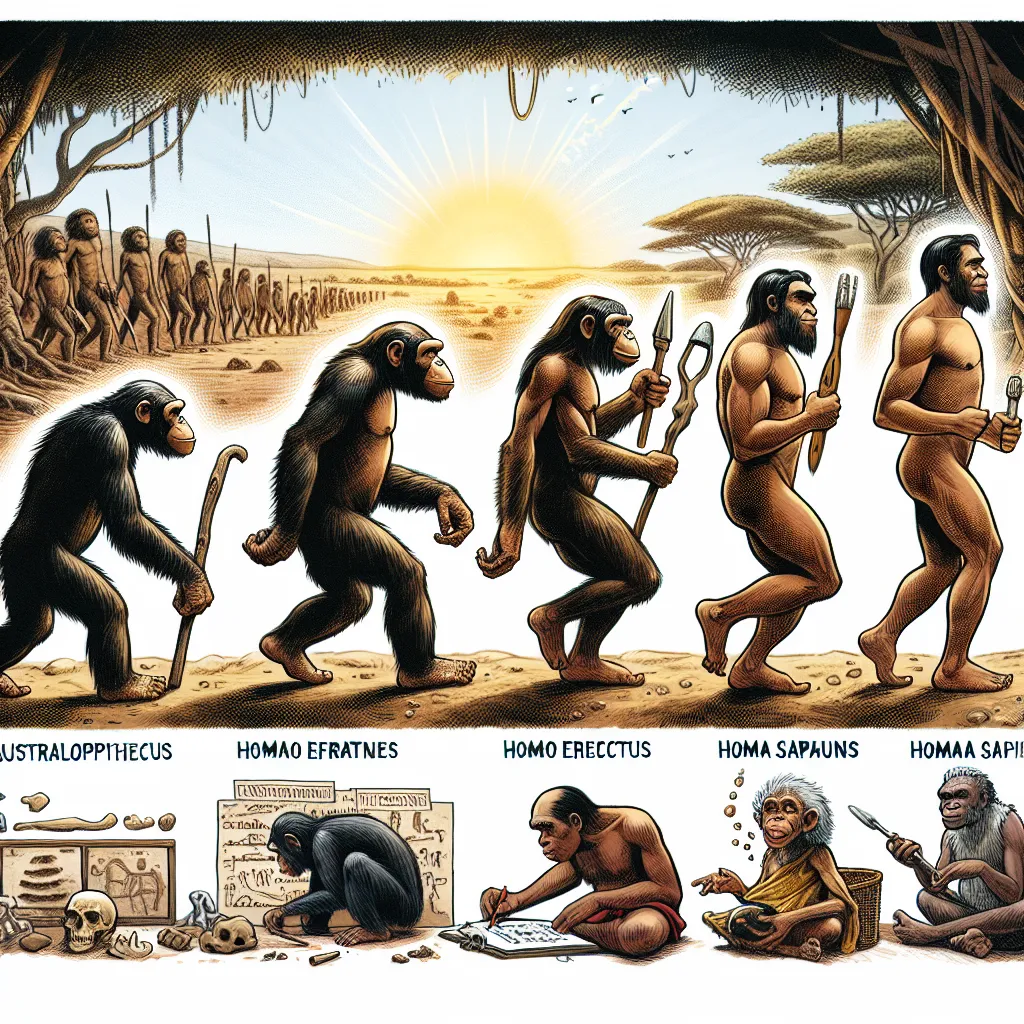As I delve into the fascinating world of synthetic biology, I am reminded of the profound words of geneticist Francis Crick: “The ultimate goal of the future is to create a new intelligent life form.”
Engineered Bacteria Producing Biofuels
Imagine a world where your car runs on fuel produced by bacteria, rather than fossil fuels. This is no longer a fantasy, thanks to advancements in synthetic biology. Researchers at Pennsylvania State University are genetically engineering bacteria called Rhodobacter to convert carbon dioxide into liquid fuels using electricity or hydrogen. By integrating genes from oil-producing algae into these bacteria, they are creating hydrocarbon molecules that closely resemble gasoline.
The potential impact is staggering. These biofuels could be cost-competitive with traditional gasoline and significantly more efficient than existing biofuels. This innovation not only reduces our dependence on imported oil but also helps limit greenhouse gas emissions and conserves land, water, and fertilizer traditionally needed for biofuel production. The economic benefits are equally compelling, with the potential to contribute tens of billions of dollars to the national economy and stabilize gasoline prices.
Synthetic Chromosomes in Yeast
Synthetic biologists are also pushing the boundaries by creating synthetic chromosomes in yeast. This involves designing and constructing entire chromosomes from scratch, allowing for unprecedented control over cellular functions. The yeast genome, once a complex and mysterious entity, is now being reengineered to produce novel compounds and enhance metabolic pathways.
This technology has far-reaching implications for biotechnology and medicine. Synthetic chromosomes can be tailored to produce specific drugs, vaccines, or nutritional supplements more efficiently and sustainably. It also opens up new avenues for understanding the fundamental principles of life, as scientists can now test hypotheses about genome function in a highly controlled environment.
Artificial Cells Mimicking Natural Functions
Artificial cells, another frontier in synthetic biology, are being designed to mimic the functions of natural cells. These artificial cells are not just simple mimics; they are complex systems that can perform a variety of biological tasks, from sensing environmental changes to producing therapeutic molecules.
The creation of artificial cells raises intriguing questions about the nature of life itself. If we can design cells that function like natural ones, where do we draw the line between living and non-living entities? This blurring of lines challenges our traditional understanding of biology and opens up new possibilities for biotechnology and medical research.
Engineered Probiotics for Targeted Drug Delivery
Probiotics, those beneficial bacteria in our gut, are being engineered to serve as targeted drug delivery systems. By modifying these microbes to produce specific therapeutic molecules, scientists aim to treat a range of diseases, from gastrointestinal disorders to cancer.
This approach is particularly promising because it allows for localized treatment with minimal systemic side effects. Imagine probiotics that can detect and respond to specific health conditions, delivering precise doses of medication exactly where needed. This targeted therapy could revolutionize the way we treat diseases, making treatments more effective and less invasive.
Synthetic Protein Design for New Enzymes
Synthetic biologists are also venturing into the realm of protein design, creating new enzymes with unique functions. These enzymes can be tailored to perform specific biochemical reactions, enhancing industrial processes and medical treatments.
The design of synthetic proteins is a complex task that requires a deep understanding of protein structure and function. However, the rewards are significant. New enzymes can be engineered to degrade plastics, produce biofuels more efficiently, or even clean up environmental pollutants. This field is a testament to human ingenuity and the potential of synthetic biology to solve some of our most pressing environmental challenges.
Gene Circuits for Programmable Cellular Behavior
Gene circuits, essentially genetic switches that control cellular behavior, are another exciting development in synthetic biology. These circuits allow scientists to program cells to respond to specific signals, enabling precise control over cellular functions.
This technology has vast applications in medicine and biotechnology. For instance, gene circuits can be designed to detect cancer cells and trigger the production of therapeutic molecules to target and destroy them. It’s a form of cellular engineering that turns cells into tiny factories or sensors, capable of performing complex tasks with precision.
As we explore these advancements, we are reminded of the words of biologist E.O. Wilson: “The greatest of all human endeavors is the search for meaning.” Synthetic biology is not just about creating new technologies; it’s about understanding the fundamental principles of life and using that knowledge to improve our world.
The Future of Synthetic Biology
As synthetic biology continues to evolve, it raises important questions about ethics, safety, and the potential consequences of creating new life forms. How do we ensure that these engineered organisms do not harm the environment or human health? How do we regulate this field to prevent misuse?
These questions highlight the need for a multidisciplinary approach, involving not just scientists but also ethicists, policymakers, and the public. Synthetic biology has the potential to transform various fields, from medicine to industry, but it requires careful consideration and responsible innovation.
In conclusion, synthetic biology is a field that is redefining the boundaries between natural and artificial life. It is a journey into the unknown, filled with possibilities and challenges. As we continue to explore and innovate, we must remember the wise words of geneticist James Watson: “The biggest risk is not taking any risk.” In the world of synthetic biology, the risks are real, but so are the rewards, and it is up to us to navigate this complex landscape responsibly.






